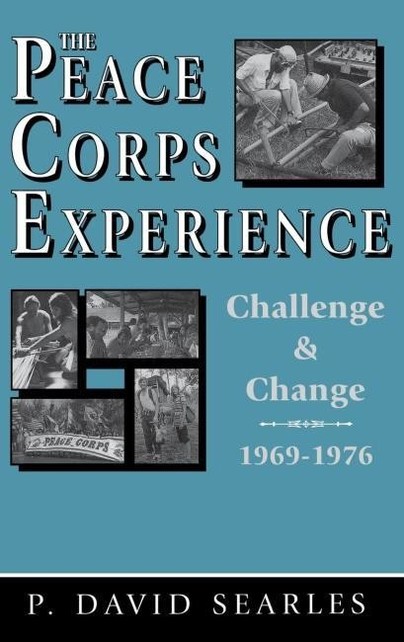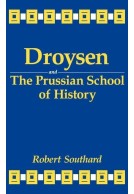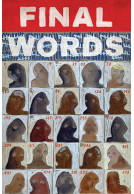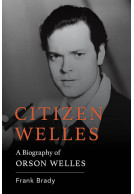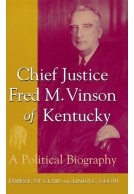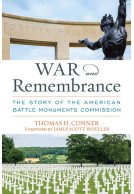The Peace Corps Experience (Hardback)
Challenge and Change, 1969-1976
Imprint: University Press of Kentucky
Pages: 272
Illustrations: illus
ISBN: 9780813120096
Published: 27th February 1997
Script Academic
Pages: 272
Illustrations: illus
ISBN: 9780813120096
Published: 27th February 1997
Script Academic
Please note this book may be printed for your order so despatch times may be slightly longer than usual.
You'll be £32.00 closer to your next £10.00 credit when you purchase The Peace Corps Experience. What's this?
+£4.99 UK Delivery or free UK delivery if order is over £40
(click here for international delivery rates)
Order within the next 5 hours, 27 minutes to get your order processed the next working day!
Need a currency converter? Check XE.com for live rates
(click here for international delivery rates)
Order within the next 5 hours, 27 minutes to get your order processed the next working day!
Need a currency converter? Check XE.com for live rates
For more than 35 years, the Peace Corps has pursued John F. Kennedy's vision of helping people of the Third World build a better life. Yet with the exception of a few celebrations of its early years, little effort has been made to document that organization's history. Now a former deputy director of the Peace Corps offers a first-hand look at life in the agency -- both in the field and at headquarters -- and a radical reinterpretation of its history during the Nixon and Ford administrations.
By the end of the 1960s, the Peace Corps was in disarray. Debate raged over its effectiveness, and many new volunteers embraced the antiestablishment behavior of the day's youth. When President Nixon appointed Joseph Blatchford as director in 1969, some insiders felt the agency's days were numbered -- especially when Blatchford set about re-evaluating the Peace Corps' mission and initiated a program called New Directions to reorient its work.
Many observers simply lump Blatchford's efforts with the failures and faults of the Nixon administration. David Searles, however, contends that the new director's initiatives revitalized the Peace Corps and made it a more relevant organization. Searles faithfully relates the history of these policies and their implementation in the field, drawing on his personal experience as country director for the Peace Corps in the Philippines. He shows how, despite constant carping from veterans of the early Peace Corps and much furor at headquarters, New Directions reenergized the agency and renewed and reaffirmed the Peace Corps' mission.
Searles's descriptions of political maneuverings are incisively observed, and his firsthand characterizations of Peace Corps life richly impart the joys and frustrations of volunteer work. The Peace Corps Experience will give historians a new perspective on the agency and will also interest anyone who has served in the Peace Corps or who wants to understand it.
Other titles in University Press of Kentucky...







